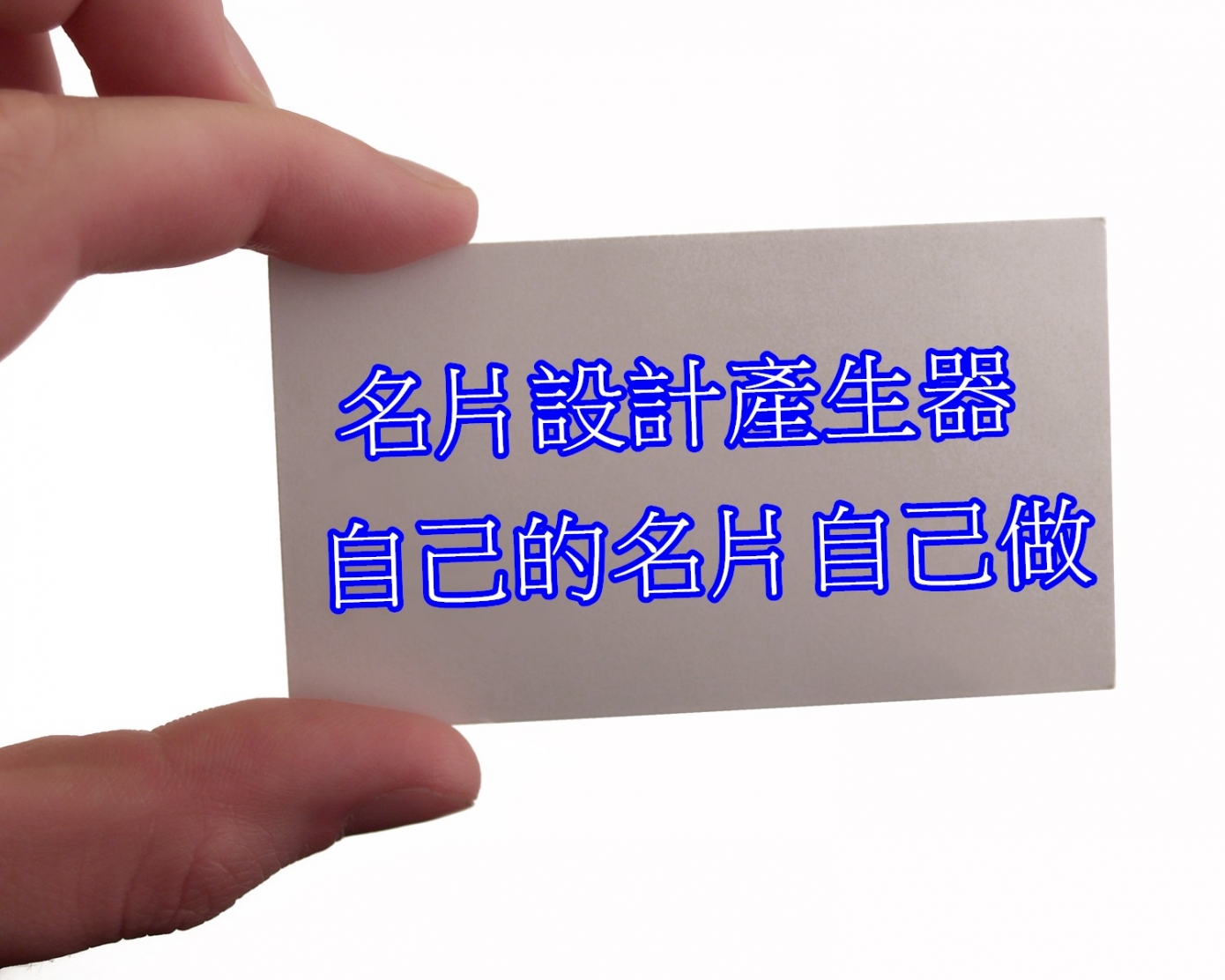shock [動詞] 使震動; [名詞] 震驚
shock
[ʃɔk]
n.震驚, 震動,衝擊,休克
v.使震驚, 使震動,使受電擊
n.禾束堆,亂蓬蓬的頭髮
例句與用法:
It gave me quite a shock to be told I was seriously ill.
聽說我的病很嚴重,我吃了一驚。
The violence and bad language in the program shocked many of the viewers.
節目中的暴力場面和難聽的粗話使許多觀眾感到震驚。
His death was a great shock to us all.
他的死使我們大家都大為震驚。
Anyone touching that wire could get badly shocked.
任何人碰到那根電線都會遭到嚴重的電擊。
詞形變化:
動詞過去式: shocked | 動詞過去分詞: shocked | 動詞現在分詞: shocking | 動詞第三人稱單數: shocks |
英文解釋:
名詞 shock:
the feeling of distress and disbelief that you have when something bad happens accidentally
the violent interaction of individuals or groups entering into combat
同義詞:impact
a reflex response to the passage of electric current through the body
同義詞:electric shock, electrical shock
(pathology) bodily collapse or near collapse caused by inadequate oxygen delivery to the cells; characterized by reduced cardiac output and rapid heartbeat and circulatory insufficiency and pallor
an instance of agitation of the earth's crust
an unpleasant or disappointing surprise
同義詞:blow
a pile of sheaves of grain set on end in a field to dry; stalks of Indian corn set up in a field
a bushy thick mass (especially hair)
a mechanical damper; absorbs energy of sudden impulses
同義詞:shock absorber, cushion
動詞 shock:
surprise greatly; knock someone's socks off
同義詞:stun, floor, ball over, blow out of the water, take aback
strike with disgust or revulsion
同義詞:offend, scandalize, scandalise, appal, appall, outrage
strike with horror or terror
collide violently
collect or gather into shocks
subject to electrical shocks
inflict a trauma upon
同義詞:traumatize, traumatise
以上來源於大辭典



